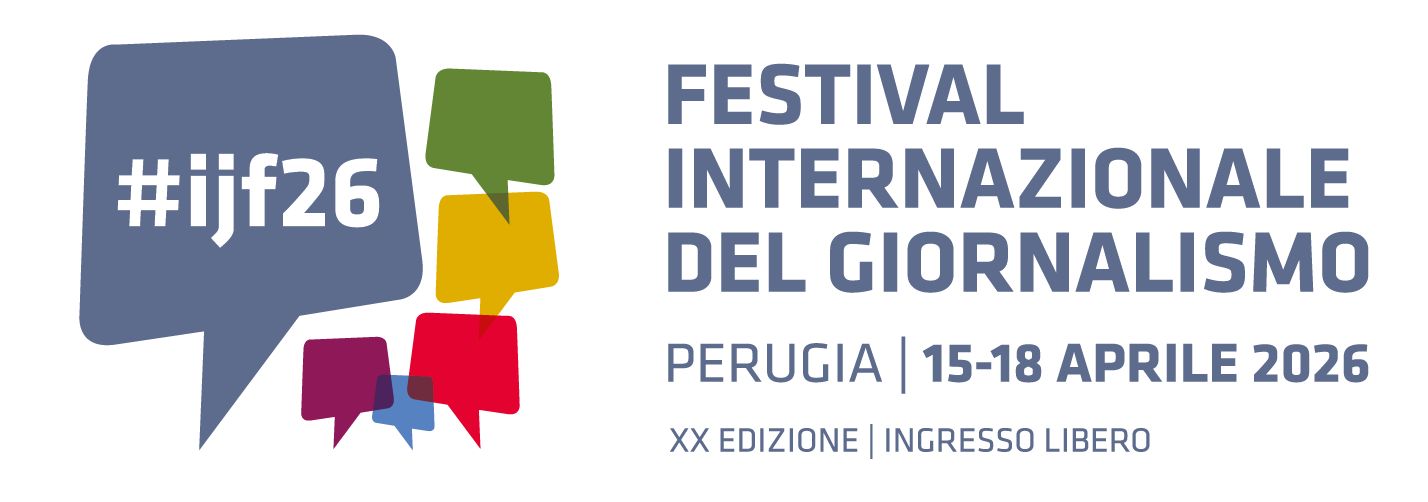Pakistan’s struggle with censorship and control on expression is an ongoing story. Over the years, journalists and editors across the country found ways of responding to threats by accepting, subverting or tactfully ignoring overt censorship policies, depending on the situation, the day, the nature of the threat or the man-in-charge. But there were consequences. And over time these consequences have created a culture that includes physical attacks on (including murder of) journalists, the instinct to self-censor and sometimes the betrayal of colleagues as they partner with the opposing camp.
After a decade of continued democracy in a country which has seen three decades of direct military rule, press freedom hasn’t yet arrived. In fact, local journalists, activists and observers say that Pakistan may be undergoing a period of more intense and widespread censorship than in previous years, covering print, electronic and digital journalism and freedom of speech. Journalists have called this all-encompassing threat to news media as “the worst we have ever seen”.
The panel aims to present what the world needs to know about how Pakistanis are being silenced, what this means for the country and the region, and how the fight for democracy and freedom inside Pakistan can continue.

